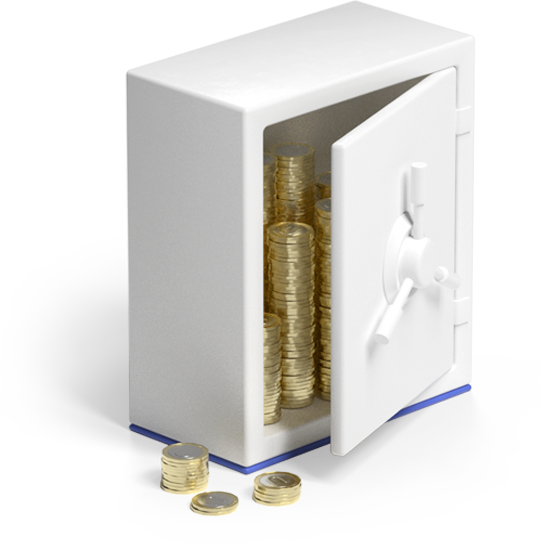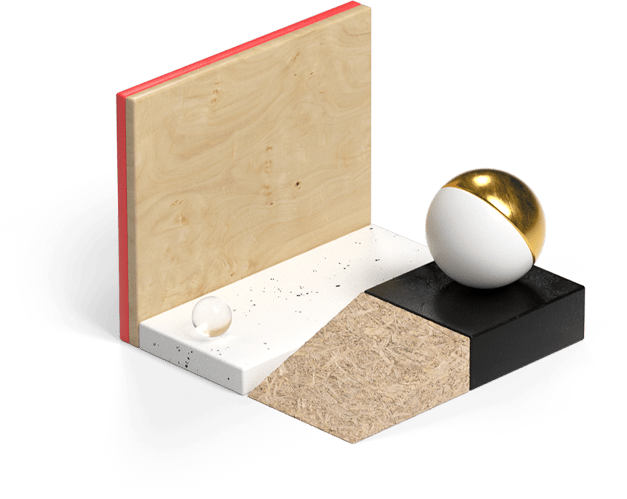Are Flats A Good Investment?
The best way to form an opinion on a type of property investment is through direct experience, whether that is a good or a bad one. However, with flats, many people form an opinion without any direct experience.
By Jon Howe9/13/21

Are Flats A Good Investment?
The best way to form an opinion on a type of property investment is through direct experience, whether that is a good or a bad one. However, with flats, many people form an opinion without any direct experience. This could be because flats have a problem with bad PR, because you are unlikely to be the freehold owner or because of the sense that you are living close to, or on top of, other people. All these things can be true, but equally, there is a huge market of people creating high demand for flats, and hence they can be a lucrative and accessible way to make money in the property market.
Just like the process of buying a house, there can be complications with the flat-buying process, but it can also be less complex and more beneficial to invest in flats rather than houses. Here we will look at both types of property and assess the pros and cons of investment in each, but first we will look at the definition of what a flat is and how it differs to a house.
The key differences between a flat and a house
- Typically a flat will be a self-contained unit with two or more rooms, all on one level.
- A flat will either be in an old building converted into separate flats or a purpose-built set of flats, which could be three or four floors or a high-rise building of multiple storeys.
- When you buy a single flat you are usually buying it as a leasehold property, the freehold belongs to the entire building and of course the land it is built on.
- You purchase the lease for a period of time, often up to 125 years, and this period can be extended on arrangement with the freeholder.
- The freeholder is responsible for external maintenance of the building and for communal areas such as hallways, entrances, driveways and gardens.
- You will need to pay ground rent for the leasehold and a service charge for upkeep of these communal areas.
- Apartments are much the same as flats, but are often bigger and are usually marketed for short term stays, ie. weekends or temporary work assignments etc.
The advantages of investing in flats
- Flats are usually cheaper to purchase than a house, because they are smaller in size and therefore value. This makes flats a more accessible, entry-level route into property investment.
- It is possible to earn a good yield % on your rental income because of the demand for a flat in certain markets, such as student markets where there is continual demand.
- If marketed well you can earn a steady and reliable income with few void periods.
- Maintenance costs are lower than with a house because of the freehold arrangement.
- You can buy the freehold along with other properties in the block, if it is a relatively small property. It is also common to receive a discount if you buy in bulk, so maybe all four properties that exist in the one building.
- Investing in flats makes it easier to build up a portfolio of properties, because they are cheaper. You can also still enjoy a diverse portfolio because flats can apply to different markets and exist in different locations, so you can still spread out the risk.
- Flats are very popular in city centres where a younger market may wish to be closer to jobs, transport and attractions.
The disadvantages of investing in a flat
- Ground rent and service charges can be high, and you need to be careful that you understand when and by how much they might rise. This can easily eat into your profits.
- Some lenders see flats as a higher risk and therefore require a larger LTV ratio (loan-to-value). This could make it harder to secure a mortgage on a flat.
- You can’t expand a flat to increase its value, such as adding a conservatory, an extension or a loft conversion.
- It is also harder to modify inside – such as knocking internal walls down etc to change room layouts – and any modifications you do make need to be approved by the freeholder, and possibly also your neighbours.
- You have no control over other tenants in the building. This could become a nuisance if they are anti-social or problematic, or there is a high turnover of tenants. This could affect the desirability of your property and hence its appeal to prospective tenants.
- People only want to buy a flat if there is a long time left on the lease, obviously this maximises its value. Therefore, the general rule of thumb is that if you reach less than 70 years left on the lease the value will drop considerably, so you need to negotiate an extension with the freeholder. This obviously costs money.
- Some flats experience a very slow rise in capital growth, particularly high rise flats, because of their reputation for appealing to lower income tenants.
- Some properties may not be able to be converted into an HMO (house of multiple occupation) and therefore separate self-contained flats, due to their age or the layout of the rooms not complying with safety regulations. This needs to be researched well before you buy the property.
- Some older flats may be subject to restrictive covenants, which refer to restrictions legally imposed on the building to prevent their use for specific activities, or to prevent them being sub-let. These are often very old arrangements, but are legally binding, so you need to employ a specialist solicitor to look into and deal with this.
How do houses compare to flats as an investment?
The housing market is of course much bigger and more diverse than flats, but that doesn’t necessarily mean it is more lucrative or easier to navigate. Let’s look at the key differences in terms of investment opportunities.
- Finance is more readily available for houses, as lenders see them as lower risk.
- Houses appeal to more lucrative markets, particularly families, as they offer more space and more privacy. They also offer better parking, often a driveway and a garage and of course a garden, which appeals to children and pets.
- As a result of this appeal, houses on the buy-to-let market are usually available for longer term tenancies, as families want to feel more settled.
- Capital growth is more predictable with houses, based on historical data, and can also be more profitable.
- You have the option to extend or develop a house to add value and improve the quality of life for tenants.
- You are likely to be the freeholder of a house, although this is not 100% certain and you should check this when you are looking to buy it.
- Houses appeal to a much wider market of buyers when you are looking to sell it on.
Considerations when looking to invest in a house
It is not all rosy when you are researching houses and what investment you are wanting to make. There are also some disadvantages to investing in houses, compared to flats.
- Houses can mean a bigger initial investment in terms of a deposit, and may require much bigger start-up costs, such as converting a property into an HMO, or decorating, refurbishing and furnishing a bigger property ready to put it on the (buy-to-let) BTL market.
- A house requires much more maintenance. As the freeholder you are responsible for everything internally, including all repairs, and everything externally, including the garden.
- Buying a house requires more costs in terms of stamp duty and possibly conveyancing too.
- The yield % on a BTL house is likely to be lower than with a flat. This could lead to some cash flow problems, at least initially, so careful financial management is required.
Are flats a good investment?
Yes they are, but as ever, there are some caveats to add. As with any investment, you need to have clear objectives set out in terms of what financial commitment you can make, over what period and when you need a return on your investment. There are plenty of flats out there that can offer you the return you need, as long as you market them correctly and do your research in terms of location.
You should be able to calculate a rental yield % and study the local market to establish the likelihood of void periods and how easy it will be to sell the property on if you decide to. And other than that, the main considerations are similar to investing in a house, ie. location, location, location. If you want to market a property to exec tenants or families, you might be looking to residential areas in the suburbs, rural areas and definitely away from the city centre. This might make a house more appealing. Conversely, if you want tenants that are younger, more short term, students, young professionals or even lower income tenants, then city centre flats or older properties converted into flats might be your best bet.
Of course you can build a diverse portfolio by investing in both a flat and a house, as a good way to spread your risk, but either way, make sure you get good legal and financial advice, particularly with the complex issue of leasehold properties, to ensure you are making well researched and well-informed decisions.
Take a look at our other articles




